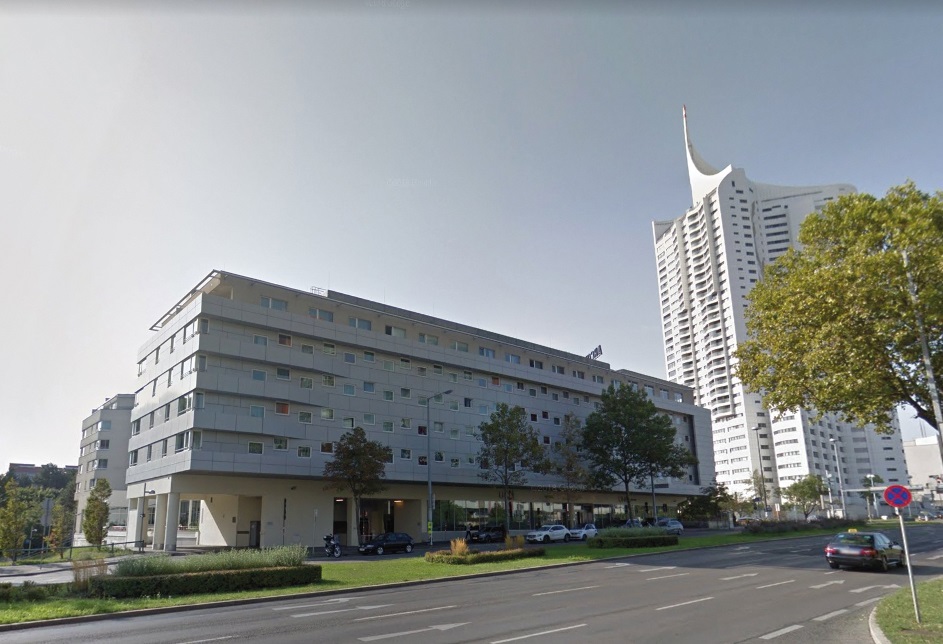Background
The World Institute for Nuclear Security (WINS) is pleased to announce an international Roundtable on the Role of Standards for Strengthening the Security of Radioactive Sources used in Medical Applications.
Introduction
In the last 10 years, many States have markedly increased the security of their radioactive sources. Two important initiatives have strongly contributed to this progress. The first is the Code of Conduct for the Safety and Security of Radioactive Sources that was published by the International Atomic Energy Agency (IAEA) in January 2004, the second initiative consists of four Nuclear Security Summits held between 2010 and 2016 that brought heads of state together from approximately 60 countries to find ways to strengthen global nuclear security and reduce the continuing threat of nuclear terrorism.
Although such initiatives have greatly increased radioactive source security in many States, much remains to be accomplished, in particular in term of coordination and integration of these various efforts and of a stronger involvement of industry and end users. This need is especially true in the medical sector, which routinely uses radioactive sources to diagnose and treat illness. To ensure the wellbeing of both patients and staff, medical facilities around the world take great care to train their staff in the safety procedures that must be followed when using radioactive sources and related technologies. In contrast, however, they may not pay comparable attention to ensuring that the sources remain secure from individuals who might want to steal or sabotage them.
Hospitals, cancer centres, and other medical facilities are necessarily public places. Consequently, it is possible that an individual with malicious intent could gain access to a location where the organisation’s radioactive sources are kept, especially if rigorous access controls are lacking. One of the challenges is that devices containing radioactive sources were designed according to criteria related to safety and radiation protection, not to security. It has been shown that a determined adversary with the necessary hand tools could gain access to the sources contained in certain blood irradiator or radiotherapy devices within minutes and remove them from the premises in a portable shielded container with minimal personal exposure to radiation.
Another important consideration is that very few security incidents involving radioactive sources have taken place. As a result, senior management often lack interest in and commitment to radioactive source security. This hampers the development of a robust security culture and leads to minimum implementation of regulatory requirements for the security of radioactive sources. Finally, many medical facilities have too often ignored the need for individuals who are accountable for radioactive source security to have specific skills and competences, in order for them to understand their role and responsibilities for radiological security and be able to successfully contribute to the establishment of an effective security programme for their radioactive sources.
Objectives
WINS is organising a two-day roundtable to discuss the current status of security arrangements for high activity radioactive sources used in medical applications, identify possible gaps and explore how innovative approaches to security could help reduce remaining vulnerabilities. The roundtable will be designed around three main areas of possible improvement:
- Strengthening the corporate approach to radioactive source security (governance arrangements)
Participants will review how peer reviews, quality standards and accreditation mechanisms could be used to:
- Facilitate compliance with regulatory requirements,
- Encourage innovation and continuous improvement amongst practitioners, and
- Demonstrate a commitment of medical facilities and their senior management to the highest quality of service and achievement, including radioactive source security.
- Strengthening the security-by-design of devices and associated facilities
Participants will review the existing initiatives for strengthening the intrinsic robustness of the devices containing radioactive sources against unauthorised removal. They will also explore options for including security-by-design principles as early as possible for new medical facilities or when significant changes are contemplated in existing practices. Participants will specifically explore the possible role of international standards (e.g. ISO standards) for the development of security certifications for devices containing radioactive sources
- Strengthening the competences of individuals with accountabilities for the security of radioactive sources
Roundtable participants will discuss the process for identifying the necessary skills and competences for the people involved in the security of radioactive sources used in medical applications. They will also review the currently existing opportunities for professional development in this area. Participants will review, in particular, the role of certification in demonstrating competence.
The roundtable will also give participants the opportunity to share their perspectives and proposals for innovative initiatives that could help strengthen radioactive sources security. It will also enable participants to exchange information on on-going initiatives, develp coordinated approaches, identify duplications and gaps, and agree on a way forward.
Audience
The roundtable will be open to a group of 15 international experts with demonstrated experience in:
- Radioactive source security;
- Peer review implementation;
- Standards development, and/or accreditation and certification mechanisms.
Delegates may represent end users, industry, regulatory authorities, professional organisations, and security vendors and consultants.
